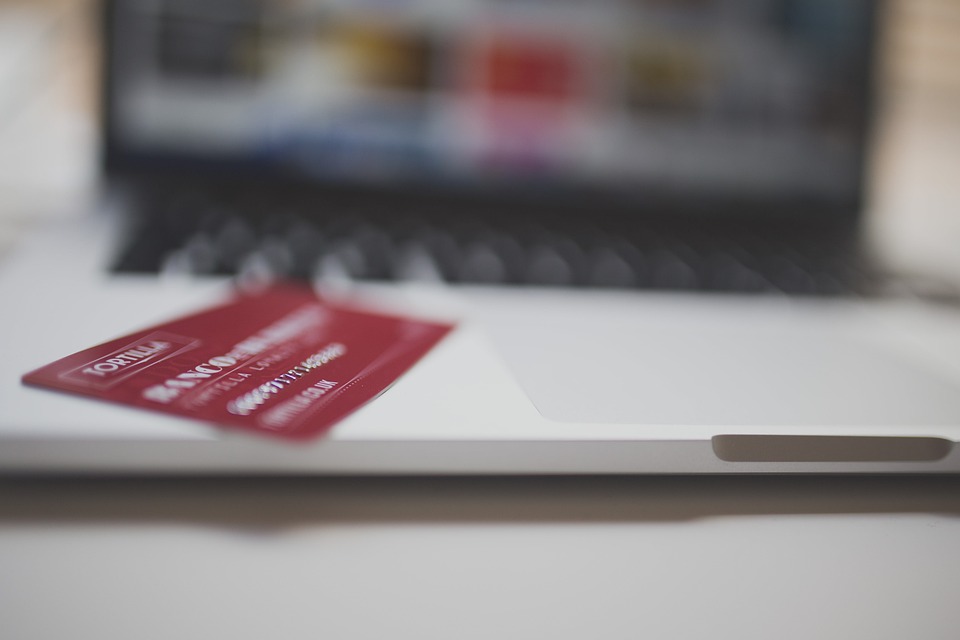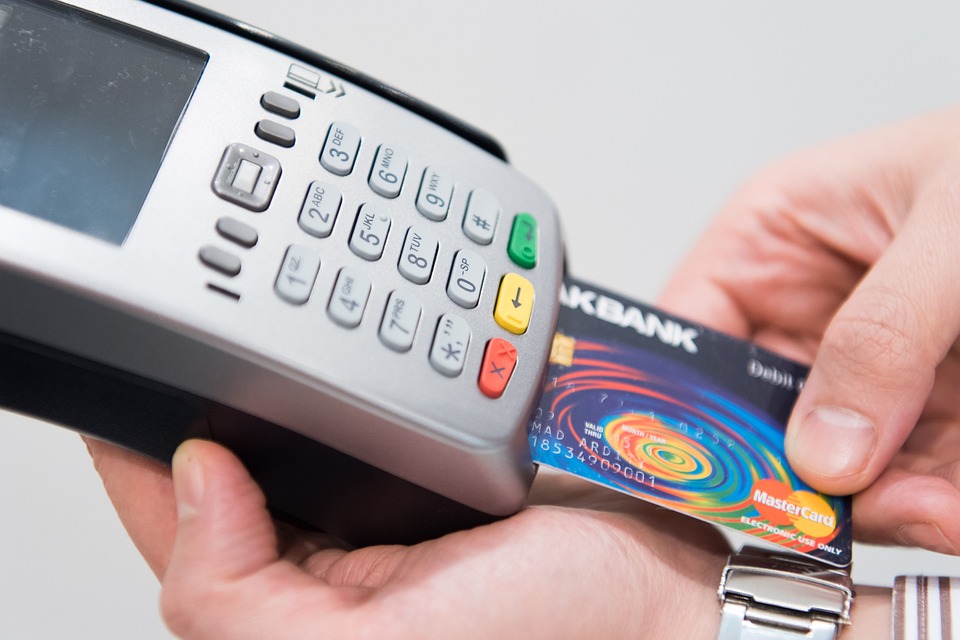Avoiding the Pitfalls of Unsecured Credit: Tips for Responsible Borrowing
In today’s society, it is all too easy to fall into the trap of unsecured credit. With the allure of instant gratification and easy access to funds, many individuals find themselves drowning in debt before they even realize it. However, with the right knowledge and strategies, it is possible to navigate the world of unsecured credit responsibly and avoid the pitfalls that so many others have fallen into.
Understanding Unsecured Credit
Before we delve into tips for responsible borrowing, let’s first understand what unsecured credit is. Unsecured credit refers to any type of credit that is not backed by collateral, such as credit cards, personal loans, and student loans. Unlike secured credit, which requires some form of collateral (such as a house or car), unsecured credit is based solely on the borrower’s creditworthiness.
While unsecured credit can provide much-needed financial flexibility and convenience, it also comes with its own set of risks. Without collateral to back up the loan, lenders rely heavily on the borrower’s credit history and income to determine whether they are a good candidate for a loan.
Tips for Responsible Borrowing
Now that we have a better understanding of unsecured credit, let’s explore some tips for borrowing responsibly:
- Know Your Limits: Before taking out any form of unsecured credit, it is essential to assess your financial situation and determine how much you can realistically afford to borrow.
- Shop Around: Don’t settle for the first lender that comes your way. Take the time to research different lenders and compare interest rates, fees, and repayment terms to find the best deal for your needs.
- Read the Fine Print: Before signing on the dotted line, make sure you fully understand the terms and conditions of the loan, including the interest rate, repayment schedule, and any additional fees.
- Create a Repayment Plan: Develop a clear plan for repaying the loan on time and in full. Consider setting up automatic payments to ensure you never miss a due date.
- Monitor Your Credit: Regularly check your credit report to ensure there are no errors or fraudulent activity that could impact your credit score.
FAQs
Q: What are the consequences of defaulting on unsecured credit?
A: Defaulting on unsecured credit can result in a damaged credit score, collection calls, and even legal action taken against you by the lender.
Q: How can I improve my credit score to qualify for better unsecured credit options?
A: To improve your credit score, focus on making timely payments, keeping your credit utilization low, and avoiding opening too many new accounts at once.
Q: Is it better to use a credit card or a personal loan for larger purchases?
A: The choice between a credit card and a personal loan depends on your individual financial situation and needs. Personal loans typically have lower interest rates for larger purchases, while credit cards offer more flexibility for smaller purchases.
For more information on responsible borrowing and avoiding the pitfalls of unsecured credit, check out this informative article from ExampleLink.






